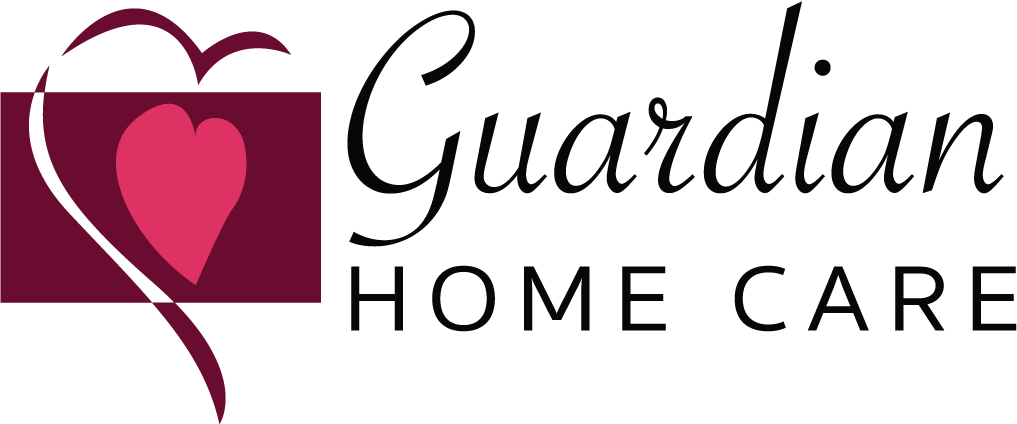The Power of Music Therapy for Dementia: Soothing Memories and Stimulating Minds
Incorporating music into daily care routines is easy and can make a big difference.
Music has a unique ability to touch our souls, evoke memories, and even transcend language barriers. For individuals with dementia, music can be more than just entertainment—it can be a powerful therapeutic tool. Here in Bakersfield, we're fortunate to have resources that harness the power of music to enhance the lives of those living with memory loss.
Music's Impact on the Brain
Research shows that music can tap into deep-seated memories and emotions, even when other cognitive functions decline. This is because music activates multiple areas of the brain, including those responsible for:
Memory: Familiar songs can trigger long-lost memories and evoke positive emotions associated with those memories.
Emotions: Music can evoke a wide range of feelings, providing comfort, joy, or even a sense of peace.
Motor Skills: Rhythmic music can encourage movement and physical activity, even for those with limited mobility.
Communication: Music can create opportunities for interaction and non-verbal communication, allowing individuals to express themselves when words fail.
How Music Therapy Helps Individuals with Dementia
Music therapy isn't just about listening to songs—it involves carefully curated interventions designed to address specific needs. Certified music therapists use music to:
Reduce Agitation and Anxiety: Calming melodies and rhythmic patterns can soothe agitation and create a more peaceful environment.
Improve Mood and Engagement: Upbeat music can stimulate positive emotions and increase social interaction.
Enhance Communication: Singing familiar songs or playing instruments together fosters connection and non-verbal communication.
Support Cognitive Function: Music can spark memories and stimulate reminiscing, potentially slowing cognitive decline.
Music Therapy in Bakersfield
Several organizations in Bakersfield offer music therapy programs for seniors and those with dementia. Look into local hospitals, senior centers, or music therapy practices that specialize in this form of therapy.
Check out Central Valley Music Therapy. They offer music therapy sessions for all ages.
Connect with a local music therapist at Psychology Today.
Local hospitals such as Dignity Health offers music therapy resources.
How In-Home Caregivers Can Use Music
Incorporating music into daily care routines is easy and can make a big difference:
Create Personalized Playlists: Compile songs meaningful to your loved one—music from their youth, favorite hymns, or tunes they enjoyed dancing to.
Make Music Together: Sing along, play instruments, or simply listen to music together.
Use Music for Transitions: Play calming music during bathing or dressing to ease anxiety.
Dance and Move: If your loved one is able, encourage gentle dancing or rhythmic movement to familiar songs.
Guardian Home Care: Incorporating Music into Care Plans
At Guardian Home Care, we recognize the therapeutic benefits of music. Our caregivers in Bakersfield can incorporate music into daily routines, adding joy and meaning to the lives of those living with dementia. Contact us today to learn more.
Remember: Music has the power to soothe, connect, and reawaken memories. By embracing its therapeutic potential, we can enhance the well-being and quality of life for our loved ones with dementia.
References:
American Music Therapy Association: https://www.musictherapy.org/
National Institute on Aging: Music & Memory: https://musicandmemory.org/
Alzheimer's Society: Music for People with Dementia: https://www.alzheimers.org.uk/categories/support/music-singing

